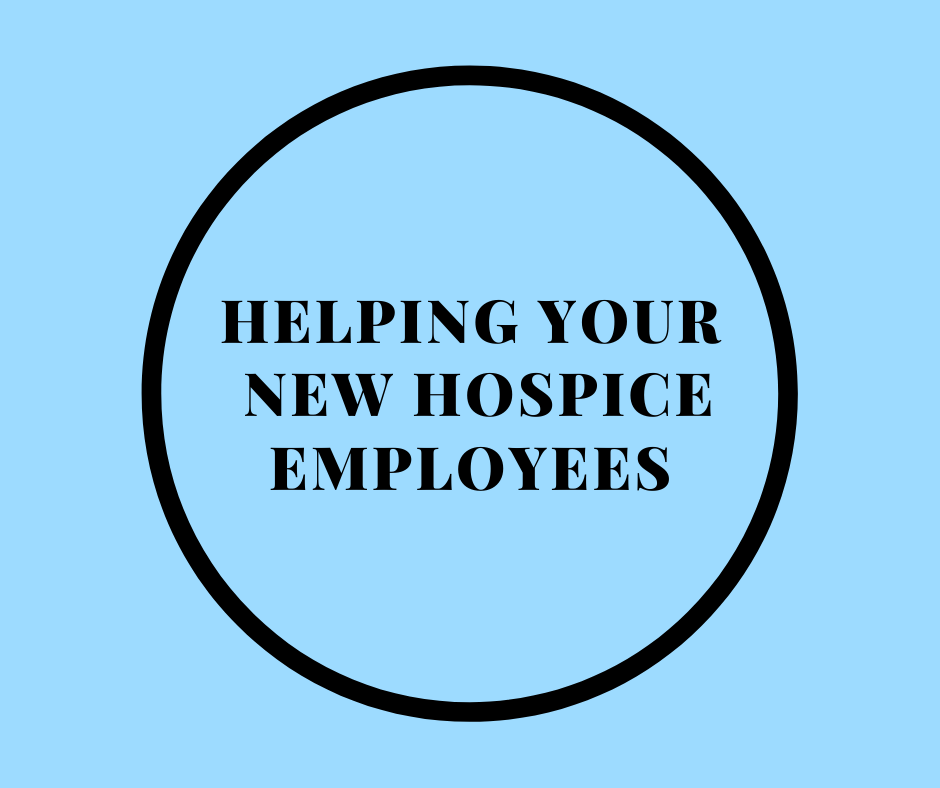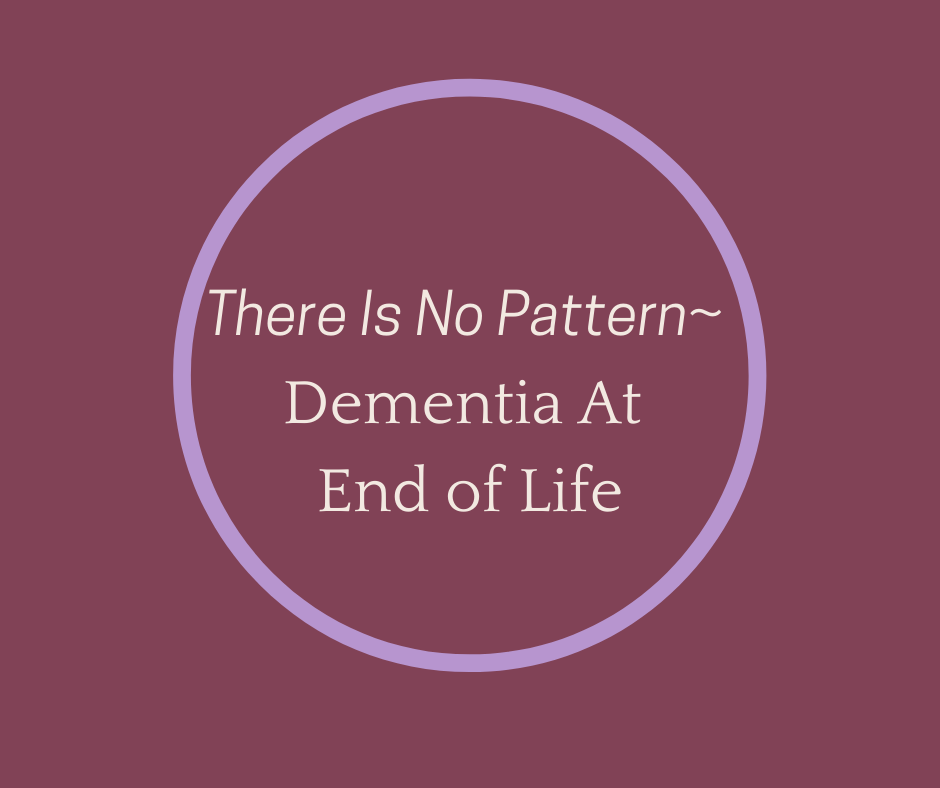Question: How does Hospice work at home?
This is a question that shows up in Google A LOT. I was surprised to see this until I remembered that we Americans don’t think about dying (other people die not me) until life forces us to think about it.
This pandemic has certainly put dying in our face more than usual but our belief still holds, it is others who die, not us, until it is not others.
Even though hospice is doing a lot to educate about end of life and how the program works most of us don’t have the ears to hear or eyes to see until . . .
In case it is “until” for you and your family, here is how hospice works.
First, you need a physician’s order. A physician must request hospice services and sign a paper that says he/she believes the patient has six months or less to live and that you are no longer interested in or appropriate for aggressive treatment.
As a patient or family member you can request that your physician make a hospice referral—that opens the door to talking about prognosis, the "how long" and "what do you expect" questions.
You can also call a local hospice, tell them your concerns, and have them check with your physician about a referral.
Now that you have a referral a hospice representative comes to your home or hospital or nursing facility and talks to you about what services they can provide: RN home visits dealing with symptom management and pain management; help with personal care such as bathing from a nurses aide; emotional support with a social worker and chaplain; volunteer visits and respite care for caregiver relief.
From a financial stand point all the services are paid for by Medicare, Medicaid or insurance. Medications related to the terminal illness are paid for. Medical equipment, hospital bed, wheelchair, and commode are all paid for. A break for caregivers is offered in the form of respite care (respite care is 5 to 7 days in a nursing facility or Hospice House). If symptoms or pain cannot be successfully managed at home a stay in the hospital for a few days is paid.
Here is what I consider the most important part; hospice works at home for you. It provides support, guidance, and education but even more it provides understanding, concern, and heart felt caring for you, the family, and your support team. The hospice goal is to help patient and family live the best they can in the time they have.
Taking care of someone at end of life is different than taking care of someone who will get better, and people don’t die like they do in the movies —— most of us don’t know that.
When faced with end of life decisions and care we bring fear and generally lack of knowledge to the bedside. This is why hospice is so helpful, so beneficial.
Something More... about How Does Hospice Work At Home?
Now that you know how hospice can help support and educate your family, read my blog, Mom Needs Hospice? Here are your questions to choose the right one....








9 comments